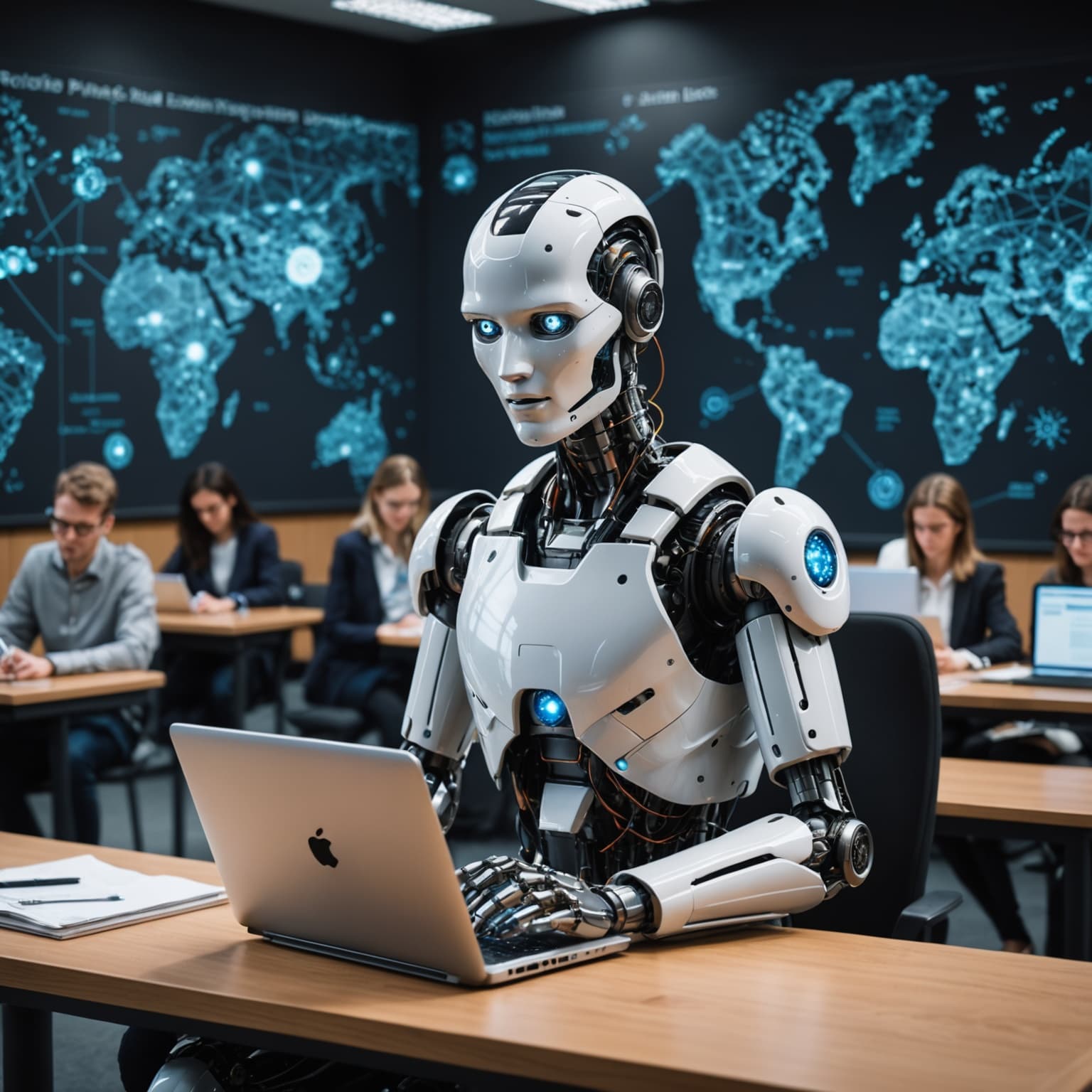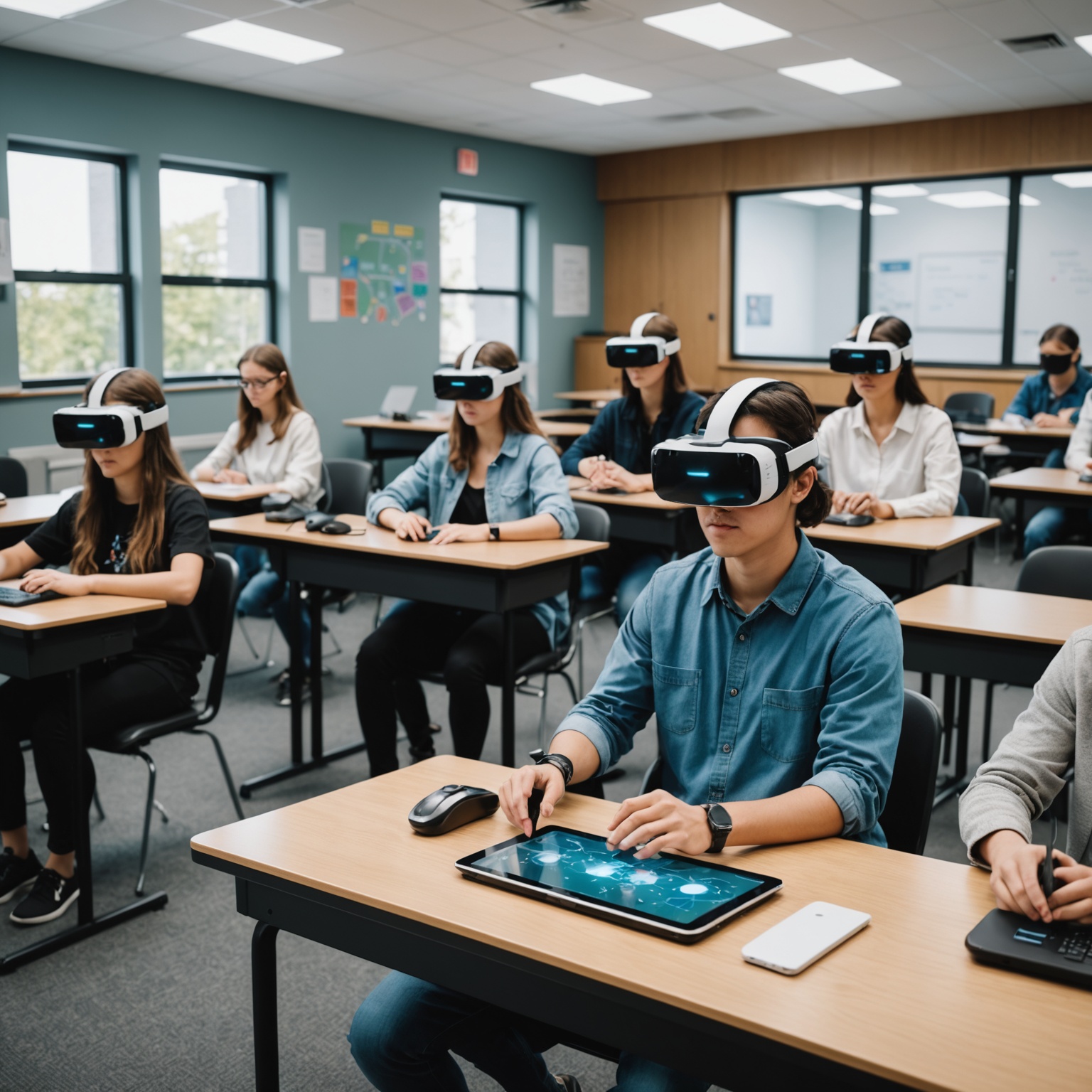Artificial Intelligence in Education: Revolutionizing Learning

Artificial Intelligence in Education: Revolutionizing Learning
The digital age has ushered in groundbreaking changes across various sectors, with education standing out prominently. The integration of Artificial Intelligence (AI) in educational systems is reshaping the learning landscape, making it more customized, interactive, and accessible. This article explores how AI is revolutionizing the educational sector by enhancing learning processes and outcomes.
Understanding AI's Role in Education
AI in education refers to the use of machine learning, natural language processing, and cognitive computing to facilitate and enhance learning. AI technologies are not just tools but collaborators in the educational process, helping to streamline administrative tasks, provide personalized learning experiences, and even assess student performance with remarkable accuracy.
One notable application is AI-driven adaptive learning systems which adjust the educational content based on a student's learning pace and understanding, making education more effective and engaging. Moreover, AI can automate routine tasks like grading, allowing educators to dedicate more time to teaching and student interaction.
AI also plays a critical role in identifying learning gaps and suggesting corrective measures, thereby supporting both teachers and students in achieving better educational outcomes.
Furthermore, AI technologies are facilitating immersive learning through virtual and augmented reality, making complex subjects more accessible and enjoyable. These technologies not only simulate real-life scenarios but also enable students to experiment and learn in a controlled, risk-free environment.







